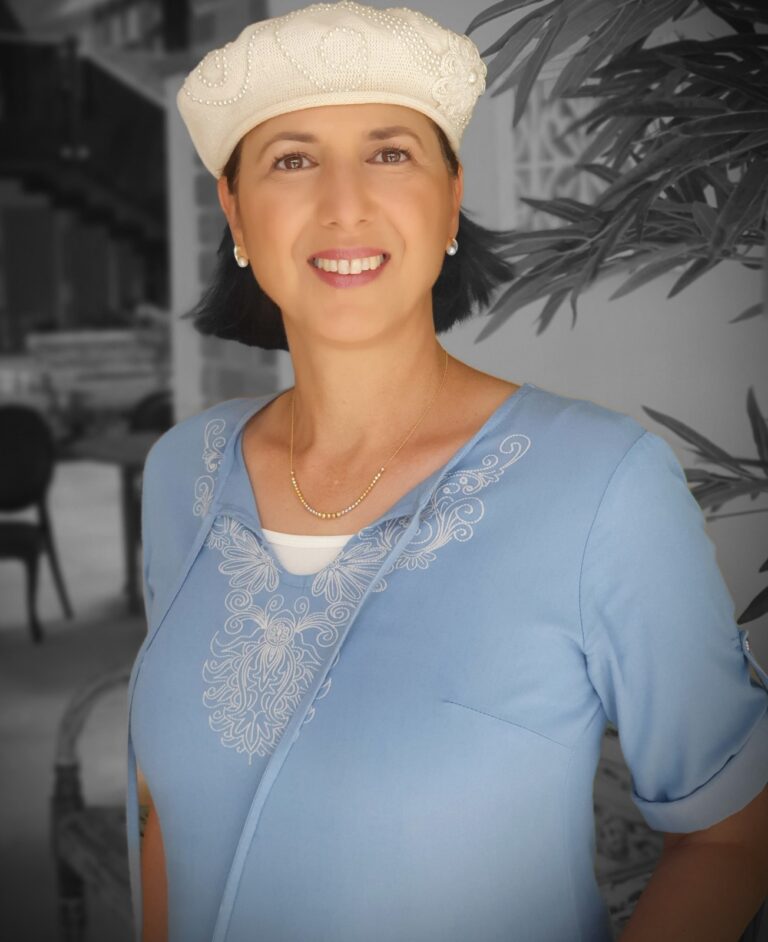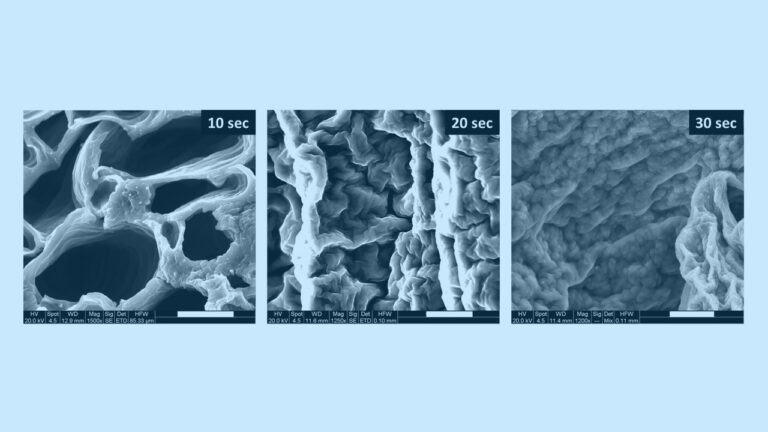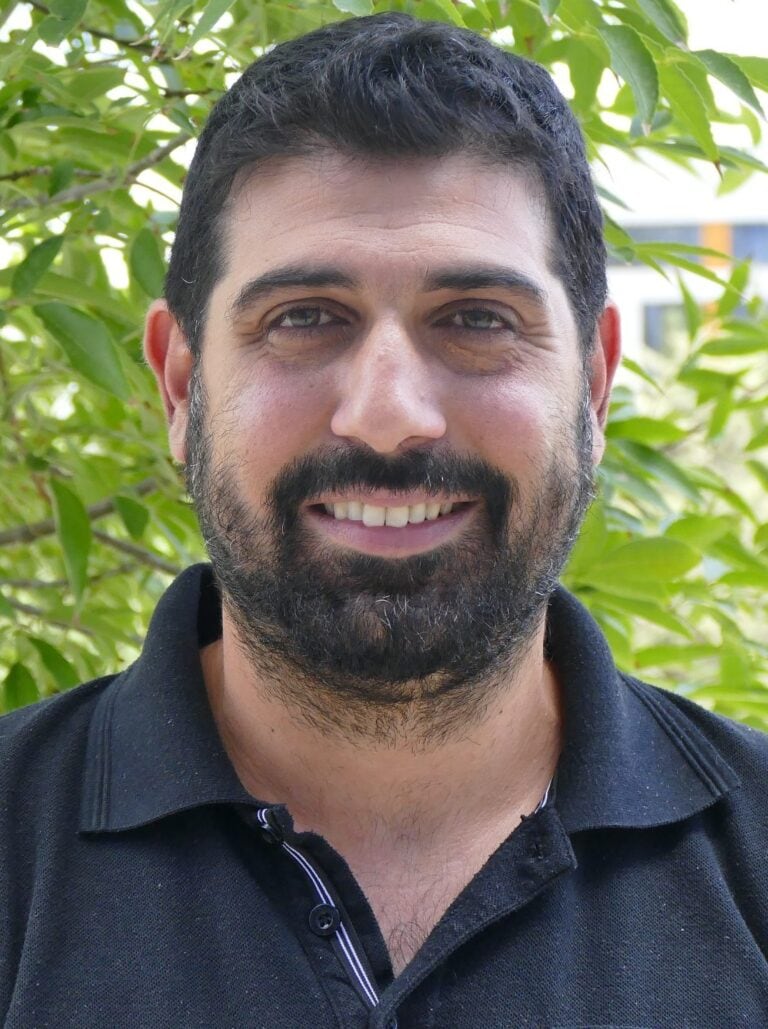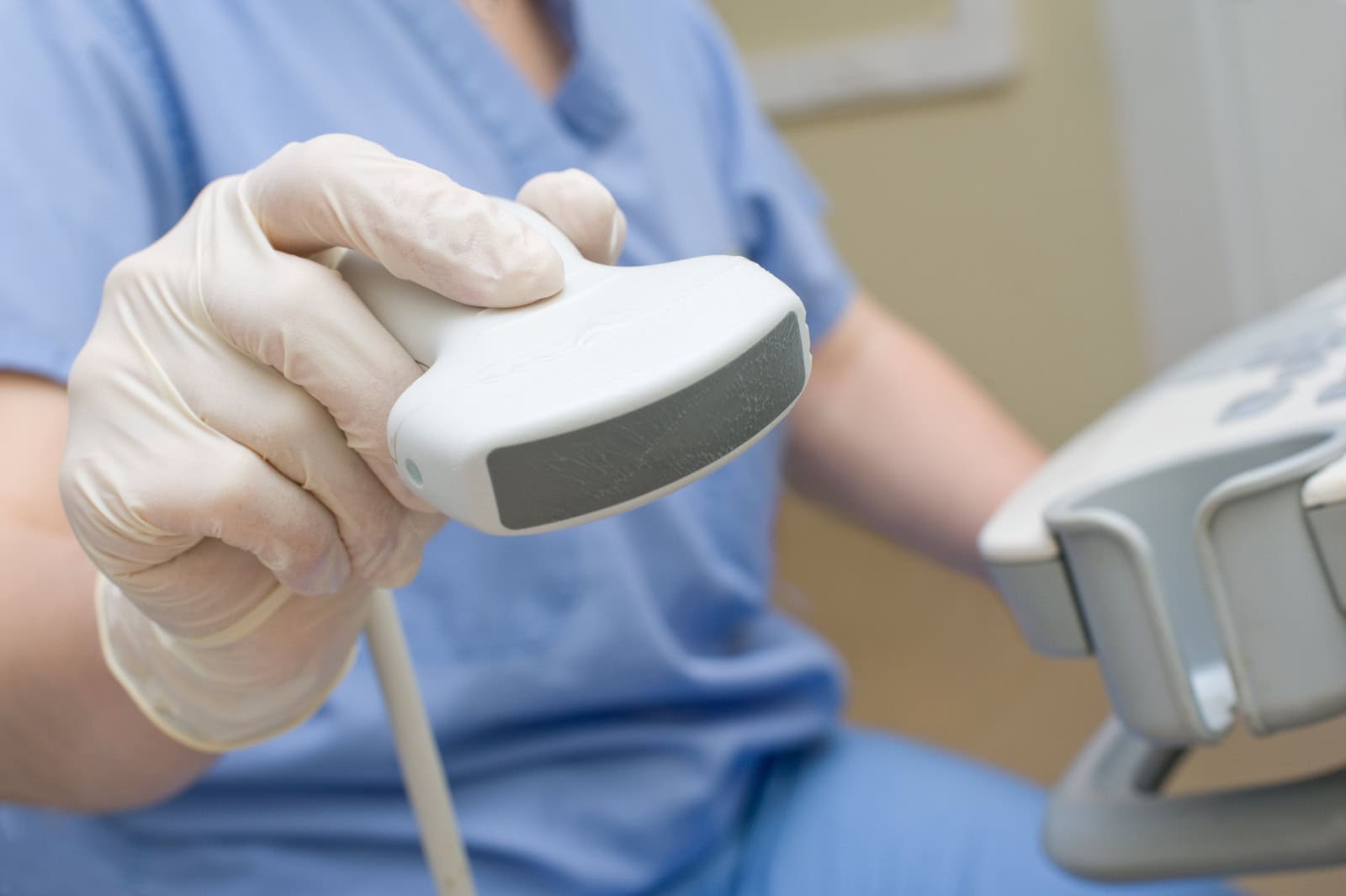A new drug delivery and tissue implantation technique utilizing ultrasound waves as an alternative to surgery has been developed in the Stem Cell and Tissue Engineering Lab of Prof. Shulamit Levenberg at the Technion-Israel Institute of Technology.

The technique allows for bioprinting live cells and tissues deep within the body using external soundwave irradiation.
This approach eliminates the need for invasive procedures that come with risks such as infections, tissue damage and prolonged recovery times.
Traditionally, delivering biocompatible materials for applications like localized drug release and tissue grafting has required invasive surgeries.
The new method directly delivers cells or drugs within a fluid biological ink to the targeted area, either through injection or catheterization. Soundwaves from an external ultrasonic transducer trigger the printing of engineered tissue from that ink, enabling the creation of complex tissue structures without exposing the internal treatment site.

Significantly, the mechanical properties of the generated grafts can be customized to match target tissues and desired drug-release rates, offering a more tailored approach to medical interventions.

The method was developed by postdoctoral fellow Lior Debbi in Levenberg’s lab at the Technion with Majd Machour, a doctoral student in the MD/PhD program.
They say this technology could be used in a variety of applications; according to the full study published in Small Methods. Demonstrated use cases include “viable and functional cell delivery, drug delivery with sustained release profiles, and 3D printing.”
“This promising technology may shift the paradigm for local and noninvasive material delivery approach in many clinical applications,” the study authors state, noting that it also presents “a new printing method — ‘acousto-printing’ — for 3D printing and in situ bioprinting.”
Fighting for Israel's truth
We cover what makes life in Israel so special — it's people. A non-profit organization, ISRAEL21c's team of journalists are committed to telling stories that humanize Israelis and show their positive impact on our world. You can bring these stories to life by making a donation of $6/month.









